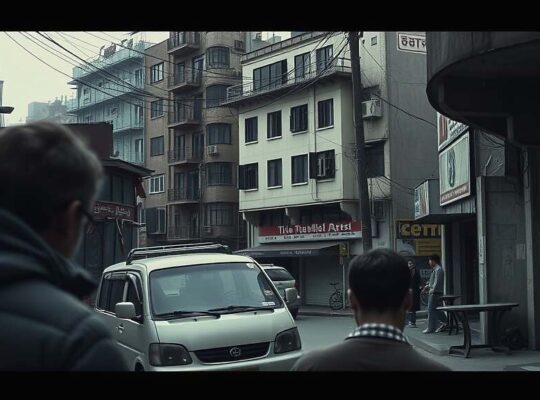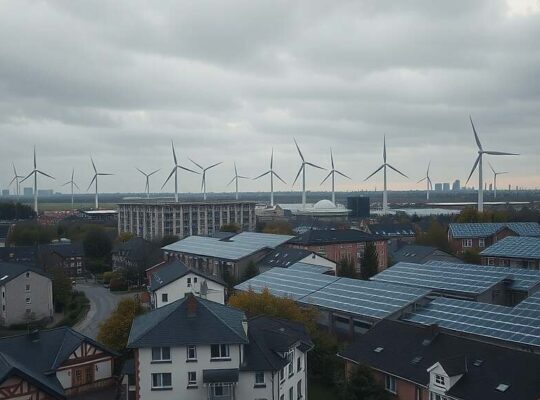A significant portion of German businesses continue to struggle with insufficient orders, according to a new survey released by the Ifo Institute. While the percentage of companies reporting order backlogs dipped slightly from 37.8% in July to 36.9% in October, the figure remains substantially above the long-term average, signaling persistent economic headwinds.
“The path out of the order slump remains long” stated Klaus Wohlrabe, head of Ifo surveys, highlighting the complexity of the situation. Wohlrabe emphasized that the issue isn’t solely attributable to cyclical economic weakness but also stems from escalating costs, rendering many businesses uncompetitive on price.
The industrial sector has seen a marginal easing, with the proportion of companies lacking orders decreasing from 38.0% in July to 35.5% in October. The automotive sector has experienced a notable improvement, a welcome development after a period of significant strain. However, the situation remains particularly challenging in the metal and paper industries, where approximately 44% of companies report a dearth of orders. Worryingly, the chemical industry has seen an increase, with the proportion of businesses facing order shortages climbing by nearly five percentage points to 39.1%.
Business services are faring even worse, with the proportion of firms reporting insufficient orders increasing from 31.4% to 33.6%. Temporary employment agencies are experiencing acute distress, with a staggering 64% grappling with order shortages. The hospitality sector (52.4%) and advertising and market research agencies (54.8%) are also disproportionately affected, suggesting a broad-based contraction in demand.
The retail sector continues to face considerable difficulties. Wholesale businesses report that nearly two-thirds (61.9%) lack sufficient orders, although a slight decrease from the previous quarter offers limited solace. Meanwhile, the improvement in the situation for retailers has been minimal, with the proportion reporting inadequate demand falling from 52.1% to 48.4% – meaning roughly half of all businesses in that sector are still battling insufficient demand.
The persistent nature of these order shortages raises serious questions about the robustness of Germany’s economic recovery and highlights the potential for further government intervention to address rising costs and stimulate demand. The uneven distribution of the struggles, with some sectors significantly more affected than others, points to the need for targeted support measures to prevent further business failures and sustain employment.












